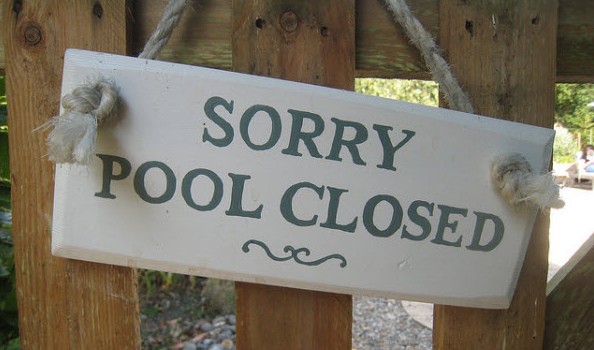As homeowners, you are constantly being told that if you want change to happen within your HOA, that it must start with your HOA board. You may contact a board member personally, or simply email/call them, but the most effective way of getting in direct contact with your board would be to attend a regularly held board meeting.
In this setting, you are able to professionally address the entire board and present your idea for change. However, if your board is functioning as it should, there are very specific procedures that these meetings follow. Educate yourself on these five practices before you dive right in.
Find out when and where the meetings are held. This should not be hard to do if your board is doing their job correctly. Your HOA board should be sending out the information for every meeting in a newsletter, mass email, or on their neighborhood website. If not, contact a board member or the board president for dates and times. The earlier in advance that you know about the meetings, the easier it will be for you to attend and be apart of one. It is one of your rights as a homeowner to attend HOA board meetings, so do not hesitate to go.
Prepare what you are going to say. If you wish to attend a board meeting, you most likely have a purpose in mind, whether that is to propose change or make a comment on the current process by which your HOA runs. In any case, prepare ahead of time what you want to say. But before you do anything else, let a board member know that you wish to be addressed during the meeting, so that you can be put onto the agenda. Then, prepare a short presentation on the issue you wish to bring to light. The length of this presentation may vary, depending on how much time the board has allotted, so check ahead of time what would be appropriate. If necessary, slides or written handouts are acceptable.
Be respectful of the parliamentary procedure. Every board is likely to have its own order of doing things, even if it’s not what you expect. Be mindful of this when entering the meeting. Common courtesy must be exercised, which includes not speaking when it is not your turn, waiting until you are recognized by the presiding officer to present, and being concise with your presentation. This is your opportunity to illuminate the problems that your HOA may have; do so with professional mannerisms.
Present what you can, save the rest for later. If for some reason your presentation is cut short, be patient. If the board simply ran out of time, then it will be natural for the board members to fit you in during the next meeting. If you were not able to fit everything into your appointed time, speak with one of the board members about a follow-up presentation. And if all else fails, follow up with a written explanation, ideally through email. The board should be open and welcome to new ideas, so be persistent.
Expect what you asked for. If you attend a board meeting with the simple intention of observing, do not expect anything more than that. Board meetings are used to discuss important matters involving the homeowner’s finances, the value of the properties in the HOA, and the HOA as a whole. The board most likely does not have time for offhand comments or questions. If you wish to address the board, let them know before the meeting. Otherwise, be courteous to the board members and mindful of their proceedings.
Whenever you are seeking change in your community, it is important to know the best way to go about doing it. The board should be happy to hear your concerns, however, you must do so on their terms. Just as the president of the United States does not take suggestions for national laws directly from his casual conversations, neither can you attempt to make a change without using the proper procedures. Work with the system, learn your rights when it comes to the HOA board but don’t be afraid of exercising your freedoms as HOA homeowners.
 Print
Print Email
Email








